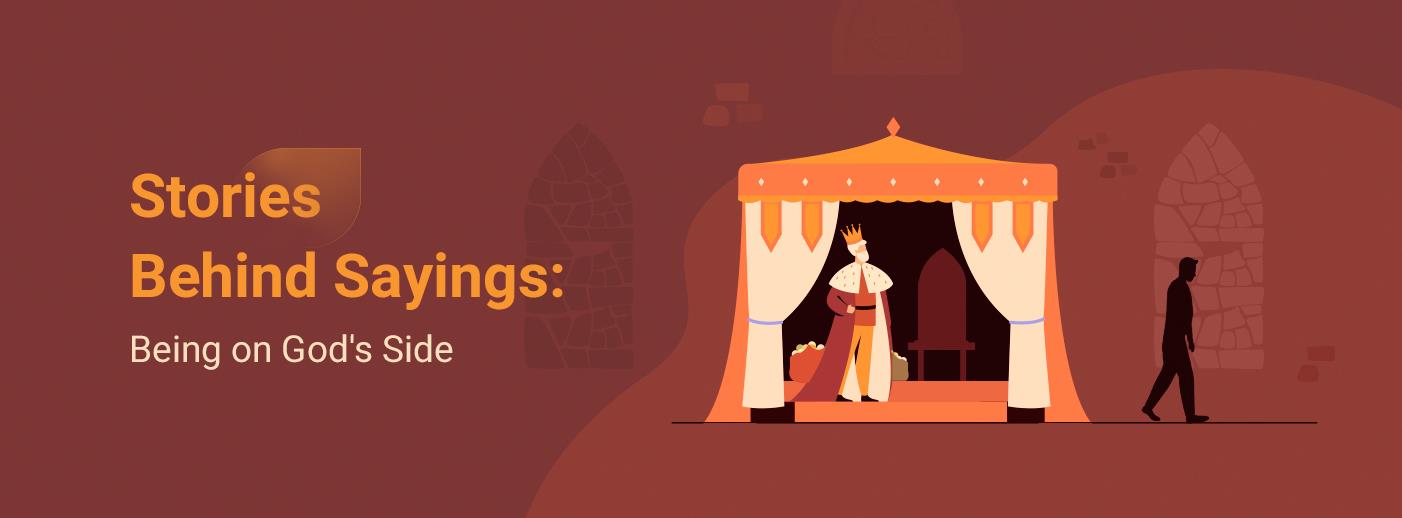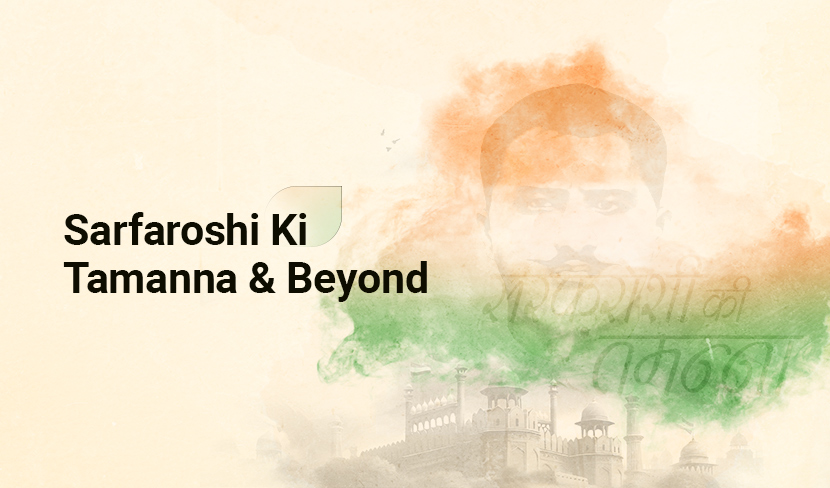Top searched
Saved words
khisyaanii billii khambaa noche
an embarrassed or ashamed person tends to vent his/her feeling by quarrelling
be-niyaaz
without want, free from want, wanting nothing, not in need, able to dispense, independent, carefree
Stories Behind Sayings: Being On God’s Side

Has it ever happened that you made up your mind about something, but then decided to give it a shot of fate or destiny? And after giving destiny its fair chance, the result turns out to be what you wanted in the first place? In instances like these, we have a very apt saying in Urdu which is ‘jidhar maula, udhar Asaf-ud-Daulah’. This literally translates to ‘Asaf-ud-Daulah is on God’s side’ but the intention is to say that even God is on the side of Asaf-ud-Daulah.
Now that we’ve introduced you to this kahaavat on serendipity and chances, let us tell you the entertaining backstory of how it came into existence.
The nawab of Lucknow, Asaf-ud-Daulah was famous for his generosity and kindness. Tales of his benevolence were widespread and any person in need would often be appropriately aided by him.
Aware of this fact, a faqiir once approached the Nawab and asked for a charity of one thousand rupees. But it so happened that this time around, the Nawab felt that a charity of ten rupees would be sufficient for him. While handing over these ten rupees to the faqiir, Asaf-ud-Daulah exclaimed “Oh faqiir, perhaps your fate is to receive ten rupees only”.
The faqiir was disappointed and refused to accept this amount. And on his apparent dismay, Asaf-ud-Daulah asked the faqiir to visit the royal court the following day.
On the next day, prior to the arrival of the faqiir, Asaf-ud-Daulah had asked for two bags to be filled with coins. One bag was filled with one thousand coins of a rupee each. The other bag was filled with one thousand coins of a paisa each. The nawab had left it to the fate of the faqiir to decide how much money he would get.
The faqiir arrived and was presented in front of the nawab in the royal court. On the nawab’s signal, both the bags filled with coins were displayed in front of the faqiir. The nawab then told the faqiir that both the bags had been filled with coins of different denominations. The faqiir was not allowed to open the bags, nor was he informed about which bag has what sum of money in it. Now, it was upon him to choose which bag he wants, and that whatever the amount in the bag be, would be handed over to him.
The faqiir thus set on a thorough process of examining both the bags in every manner he could. He held up each bag and weighed them against each other. He jingled the coins within and tried to guess which one has the bigger coins. After much examination, the faqiir finally picked a bag.
When the bag chosen by the faqiir was opened, it turned out to be the bag with the thousand paisa coins. Just like Asaf-ud-Daulah had said on the previous day, the faqiir was indeed destined to receive only ten rupees! It was almost like Asaf-ud-Daulah was aware of how much money God had written in the faqiir’s fate. After this incident, the theory became popular that God and Asaf-ud-Daulah are on the same side.
So now, if you ever find yourself in a similarly fortunate situation of receiving what you actually wanted, just remember the saying, Jidhar maula, udhar Asaf-ud-Daulah!
Delete 44 saved words?
Do you really want to delete these records? This process cannot be undone





